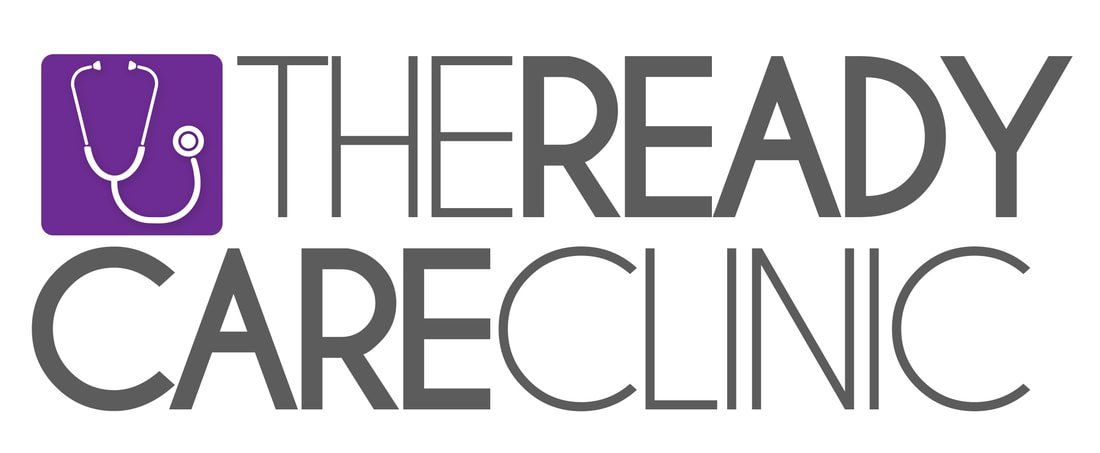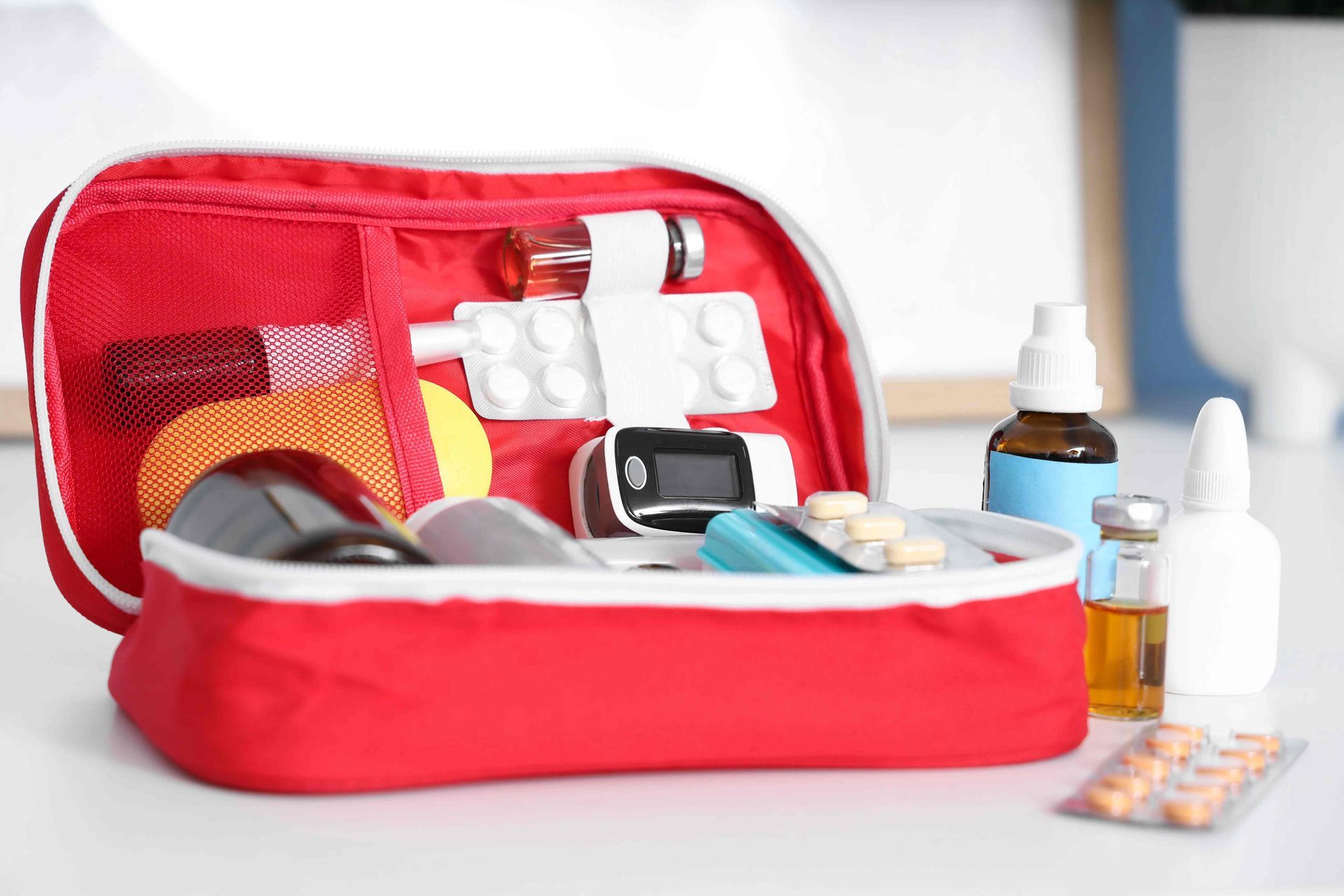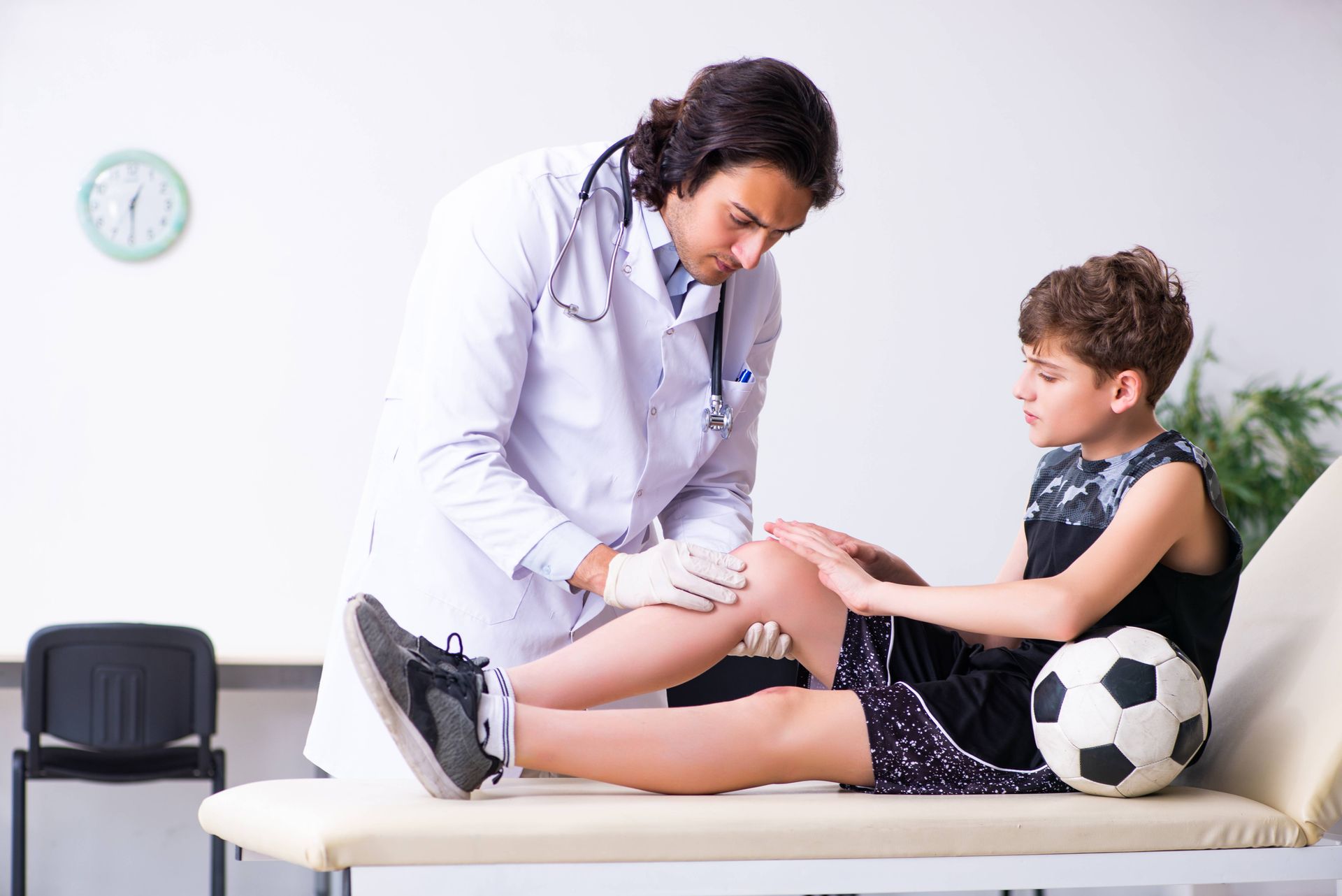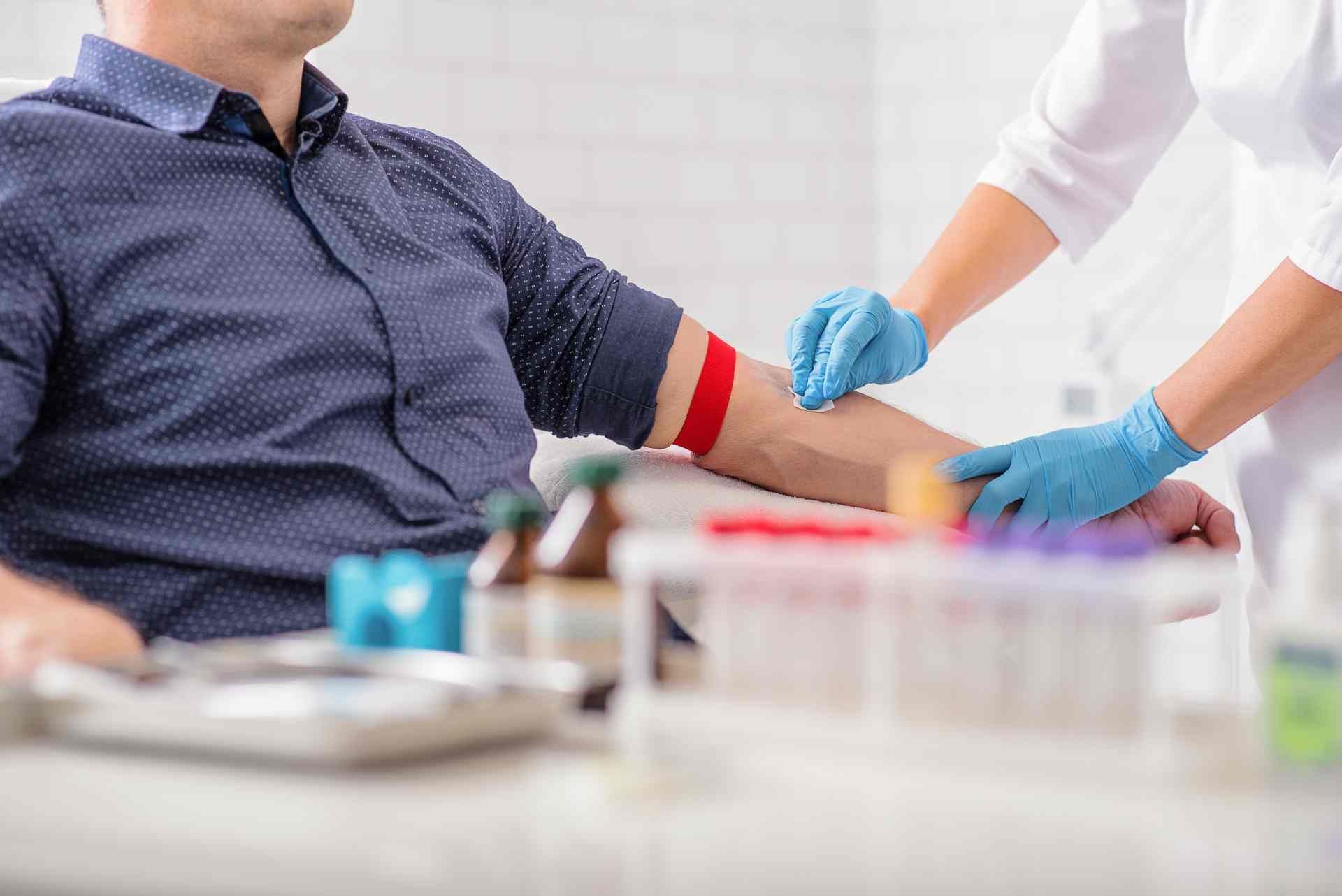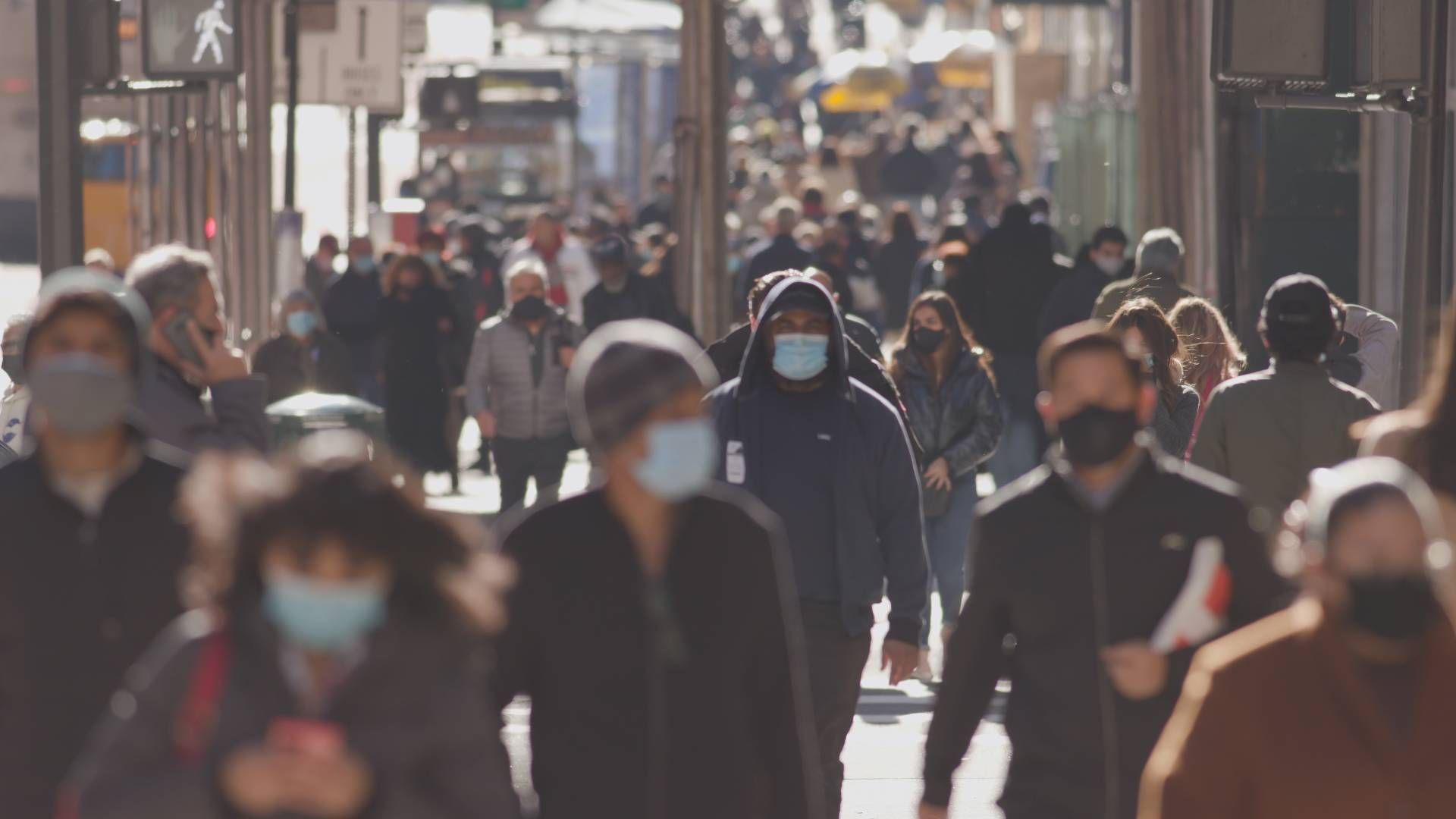How to Prepare for Flu Season near Harrodsburg and Lawrenceburg, KY
Flu season is upon us, and researchers say that given the southern hemisphere’s tough bout with influenza, we can expect to see increased activity this year as well. In addition to a stronger virus or higher levels of contagion and spread, some people might be more susceptible to the flu this year after a couple of seasons of lower rates due to COVID-19 restrictions. Masking up and keeping socially distanced helped slow the spread of the flu as well as COVID, and due to previous isolation, a lot of us might have lost a bit of our body’s protective response to the virus.
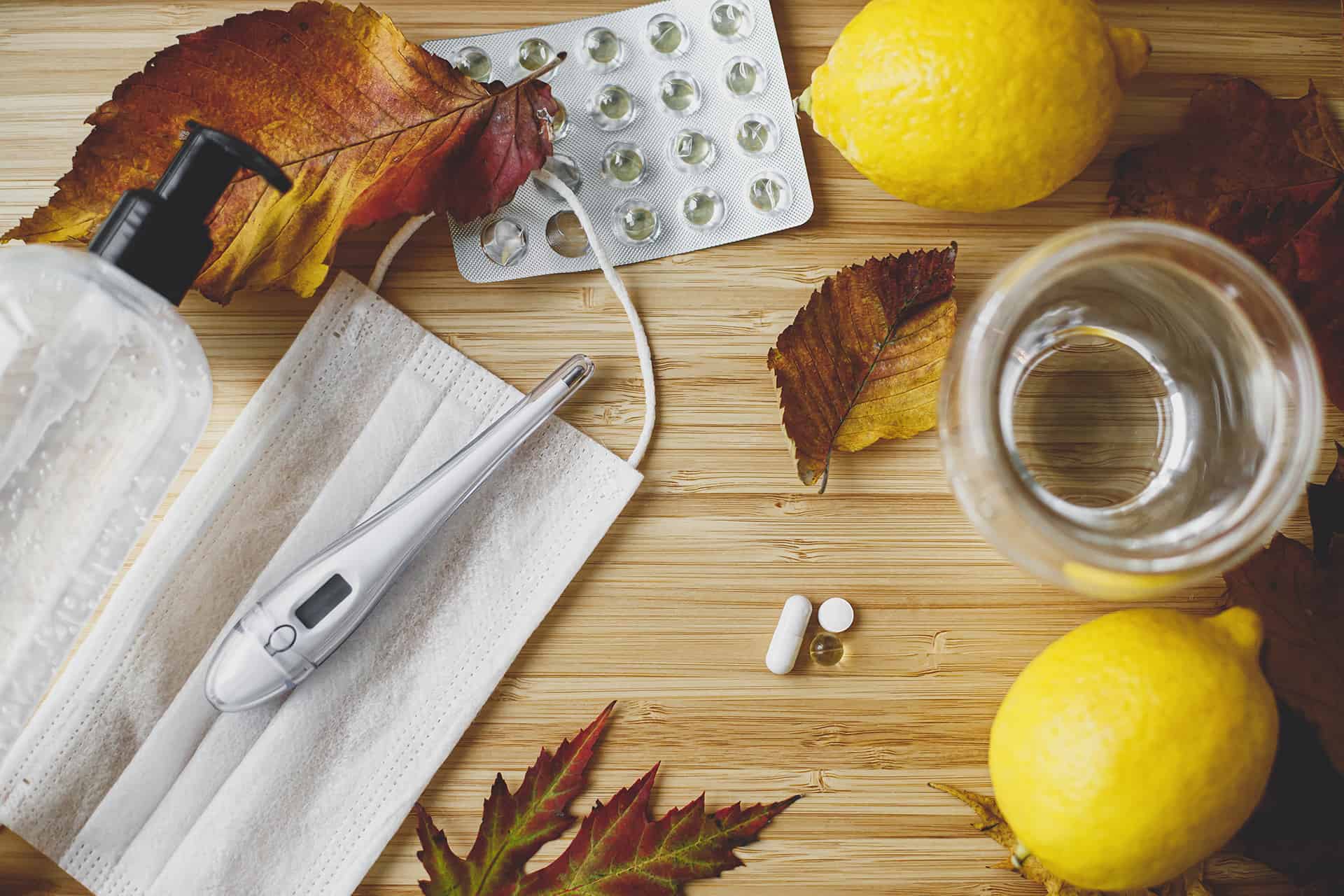
It can be overwhelming to think about heading into and trying to prepare for flu season yet again, but the good news is there are many precautions you can easily take to keep yourself safe and healthy and minimize your exposure.
We’ve got tips and tricks to help you prepare for Flu Season in 2022, so take a deep breath and know we’re here to help as you read on. As always, feel free to contact us at The Ready Care Clinic, where we’re available to answer your questions, assess your symptoms, and get you back on the right track as soon as possible.
Wash Your Hands Often and Wash them the Correct Way
That you need to wash your hands is hardly news, especially after the last couple of years of viral infections. It’s still, however, one of the most important and effective ways to prevent illness and the spread of germs to others, so getting in the habit of washing often and washing the correct way is a vital step in your ability to prepare for flu season.
When to wash your hands? As far as the right time to wash your hands, when in doubt, just go ahead and wash them. Better safe than sorry.
Definitely wash your hands after:
● Sneezing, coughing, blowing your nose, etc.
● Using the restroom, helping a child use the restroom, or changing a diaper
● Touching public surfaces like door handles, shopping carts, and any high-traffic spots
● Taking care of a sick or potentially sick family member
● Touching animals and cleaning up after them
● Touching garbage or waste bins
● Preparing, serving, and eating food
● Cleaning
Wash your hands before:
● Holding your children
● Preparing food
● Touching your face
● Eating
● Caring for another person who is sick or dependent
How to Wash Your Hands Correctly
According to the CDC, these are the essential steps to washing your hands correctly and preventing the spread of illness:
● Wet your hands with clean water
● Cover the front and back of hands as well as in between fingers
● Rub hands together, making sure you rub every surface well
● Spend time on fingertips, nails, and jewelry
● Rinse all of the soap away with clean water, spending time on nails and jewelry
● Shake hands dry over sink, then dry with a clean or disposable towel or an air dryer
The entire washing process should be long enough to sing “Happy Birthday” twice. When leaving the washing area, use a disposable towel to open the door if possible.
Carry hand sanitizer in your bags and vehicle for times you need to clean your hands but cannot get to a sink. This is especially handy when leaving a store or public event or picking kids up from school.
Take the time to teach the rest of your family members the proper way to wash their hands so they, too, can prepare for flu season ahead of time.
Take Care of Your Body Before You Get Sick
Get plenty of sleep. Shoot for at least seven hours per night of restful sleep if possible. Your body needs rest to repair and support a healthy immune system.
Nourish your body with a balanced diet. Eat plenty of fruits and vegetables. A healthy body is much more prepared to fight infection than one that might be suffering from malnutrition or other illnesses caused by a poor diet.
Absolutely make sure you are hydrated. Drink water throughout the day so your blood system can properly transport those healthy nutrients throughout your body.
Exercise. If you are already exercising, your body will be better prepared to take on illness if it hits. If you’re not active, you can still get started now. Though, if you begin to feel signs of sickness, don’t push the physical activity. Exercise is meant to be a pro-active step.
Get Your Flu Shot
Every year immunologists work to produce a flu vaccine that will best match that season’s viral strain. Some years are a closer match than others, but even in low-match years, the vaccine is still effective at reducing the risk of serious illness, hospitalization, and death.
The flu vaccine in injection form is available for anyone aged six months and up. Many people ages two and up will also be eligible for the nasal spray vaccine. Some young children might benefit from a two-dose sequence.
There are different schools of thought about when you should get your shot, and that decision depends on a few factors. If your community is seeing a high level of flu activity, go ahead and get your shot as early as possible. Others wait until October or even November, especially if you are able to avoid big crowds and highly infected populations. The plus side of waiting is that the vaccine’s effects will last longer through the season, which can, unfortunately, some years, go well into late spring.
Talk to a medical professional about timing and dosage for the members of your family so you can best prepare for flu season.
What if You Get Sick?
It happens. If you’ve taken the above steps to properly prepare for flu season, you’ve got a head start to getting better already. Take these steps to get better as quickly as possible while keeping those around you safe:
● Stay home
● Continue to wash your hands frequently
● Keep hydrated
● Get plenty of rest
If you’re feeling sick in the Harrodsburg or Lawrenceburg, Kentucky areas, come see us so we can test you for COVID, influenza, or other illnesses to best prepare you for relief and healing. Our medical professionals can diagnose your illness and potentially give you antiviral treatments to improve your chances of a speedy recovery. Actual influenza, while usually mild enough to recover at home, can become serious and even deadly.
If your symptoms don’t go away or worsen, visit us at The Ready Care Clinic so we can assess your situation and help you feel better. We proudly serve Harrodsburg, Lawrenceburg, Frankfort, and Versaille, Kentucky, and the surrounding areas.
